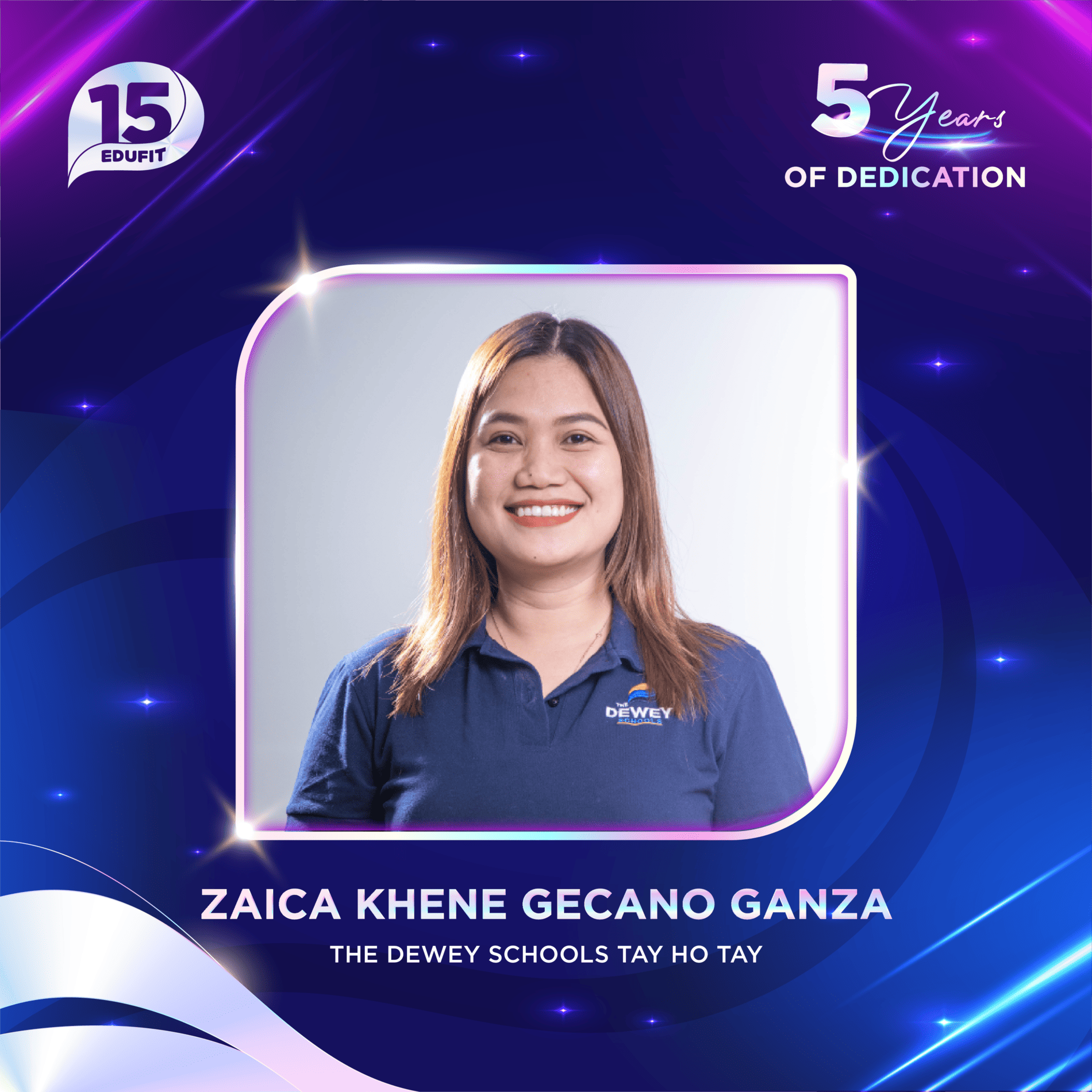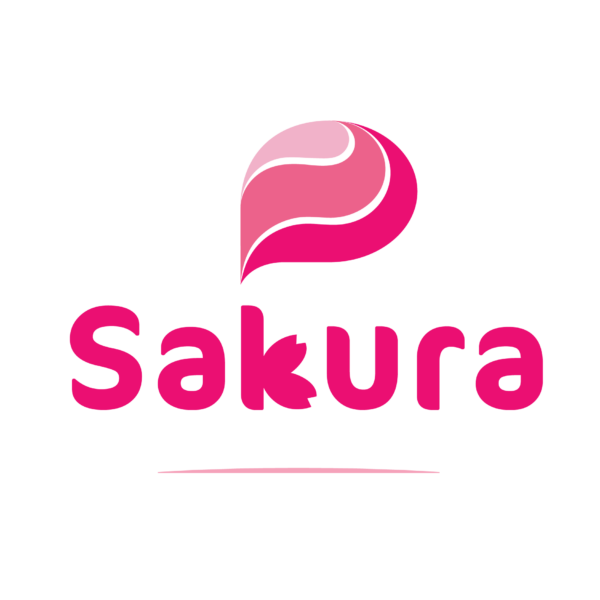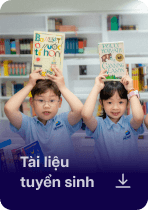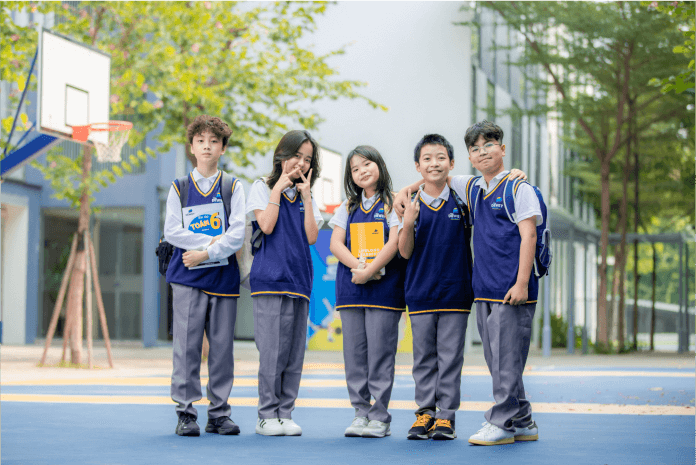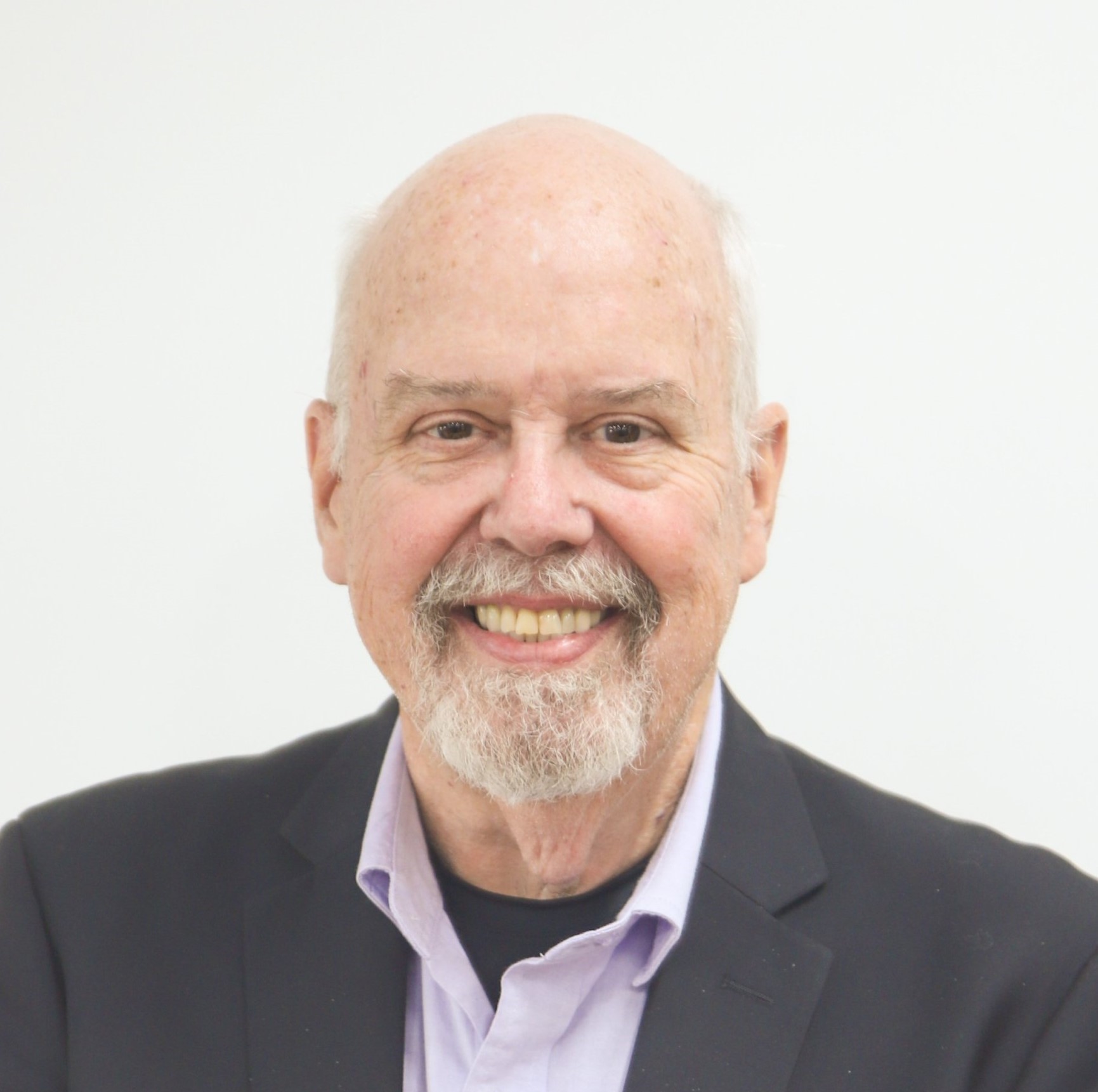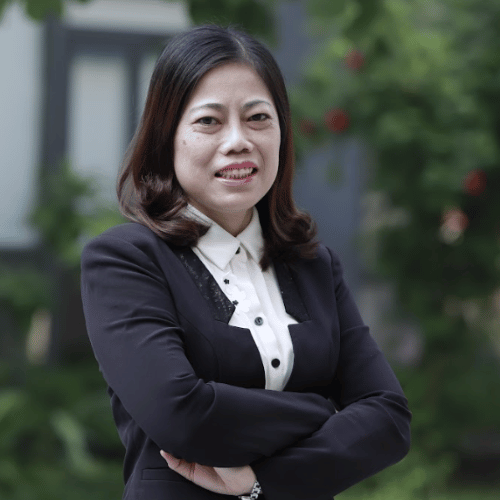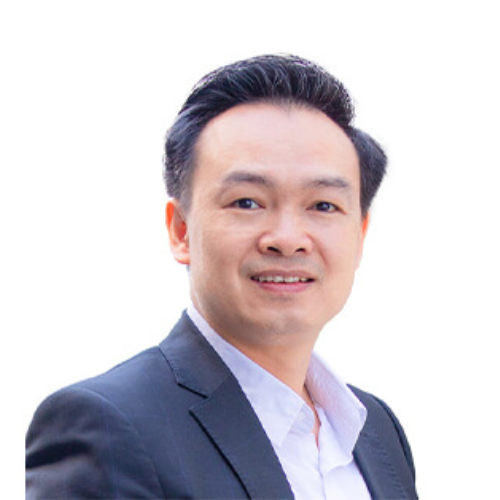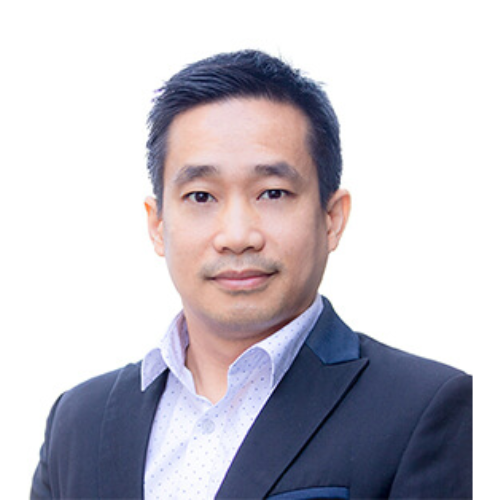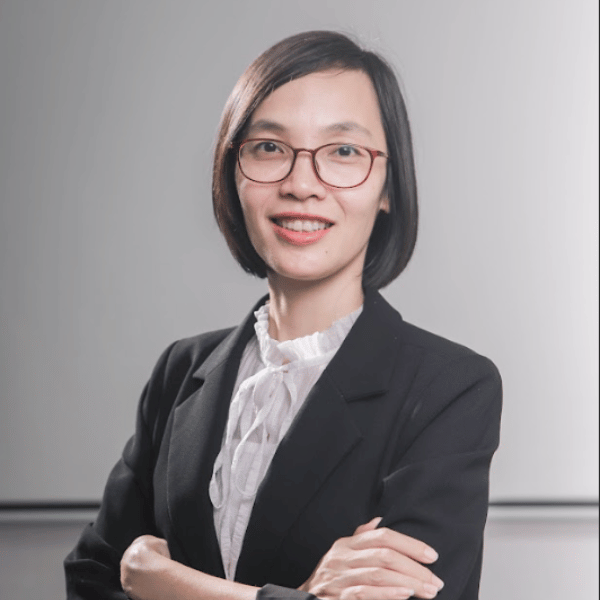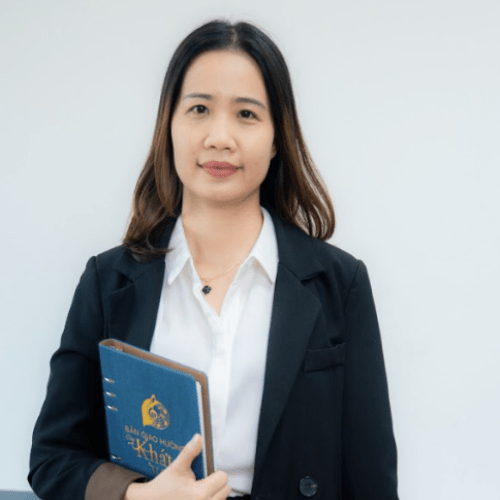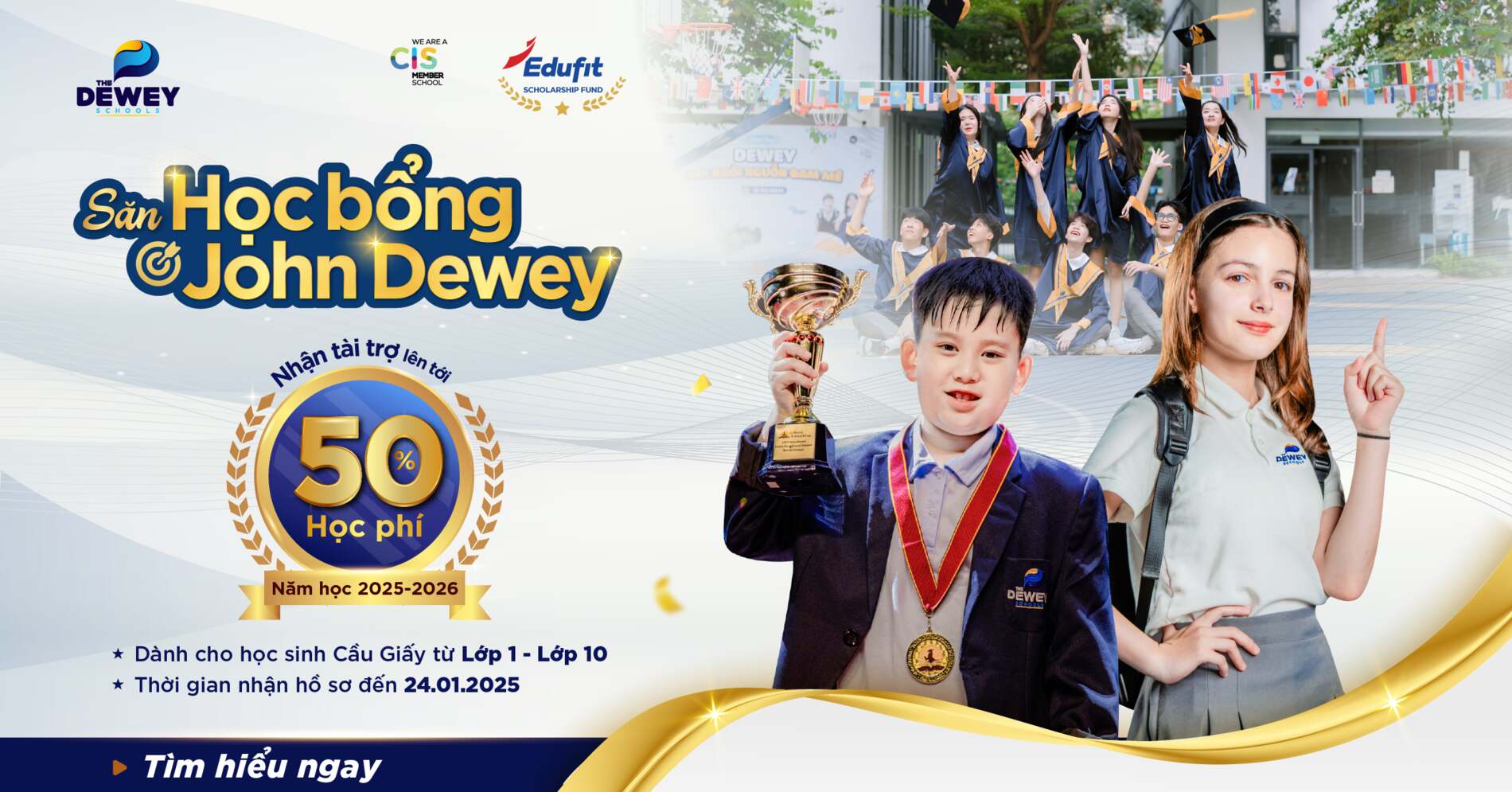With the goal of aligning the pedagogical focus of differentiated instruction with practical teaching, The Dewey Schools organized a teacher training program on this advanced teaching method ahead of the new school year 2024-2025.
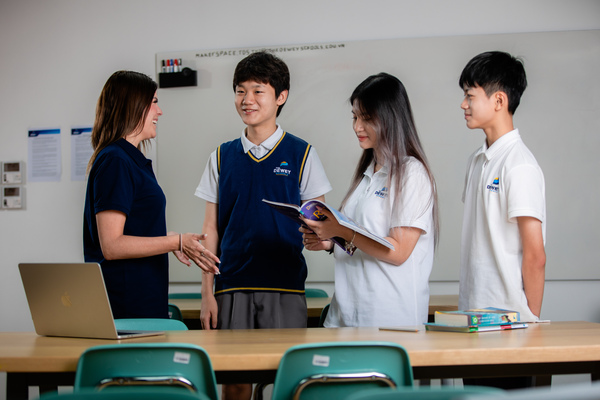
During the training session, teachers delved into the concept of differentiated instruction, its principles and strategies, and how to apply this method across subjects such as Mathematics, Literature-Vietnamese, Science, Humanities, etc. The training did not focus solely on theory but also included practical group activities, allowing teachers to immediately apply what they had learned in real teaching situations.
One of the standout practical activities was designing a survey for students at the beginning of the school year. This survey aimed to gather information about each student’s passions, learning styles, and cognitive tendencies. Through this, teachers could develop suitable differentiated teaching plans to maximize effectiveness.
Additionally, teachers had the opportunity to participate in discussions and present specific examples of content differentiation strategies based on a selected subject topic. These strategies not only enhance learning outcomes but also inspire students’ creativity and passion for learning.
Ms. Bui Thi Nguyet, a Literature and Humanities teacher at The Dewey Schools Tay Ho Tay, shared: “Differentiated instruction has been implemented at Dewey before, but with the clear and specific educational orientation and objectives of the ERPC for the upcoming school year, I have gained a deeper understanding of this year’s pedagogical focus. This activity is extremely beneficial before the start of the new academic year, as it allows teachers to be better prepared and more thorough in planning lessons and activities that align with students’ learning abilities and appropriate teaching approaches.”
Mr. Alvin Sarayna, a Science teacher at The Dewey Schools, stated: “The application of differentiated instruction will have a positive impact on student engagement and performance in the learning process. This training session is very helpful, not only providing us with an overview of lesson design and learning path planning for students but also organizing effective classroom activities. We also understand that knowing students’ aspirations, personalities, passions, and interests helps teachers develop suitable teaching methods. This not only enables students to maximize their potential but also creates a positive learning environment that encourages creativity and respects each student’s individuality.”



